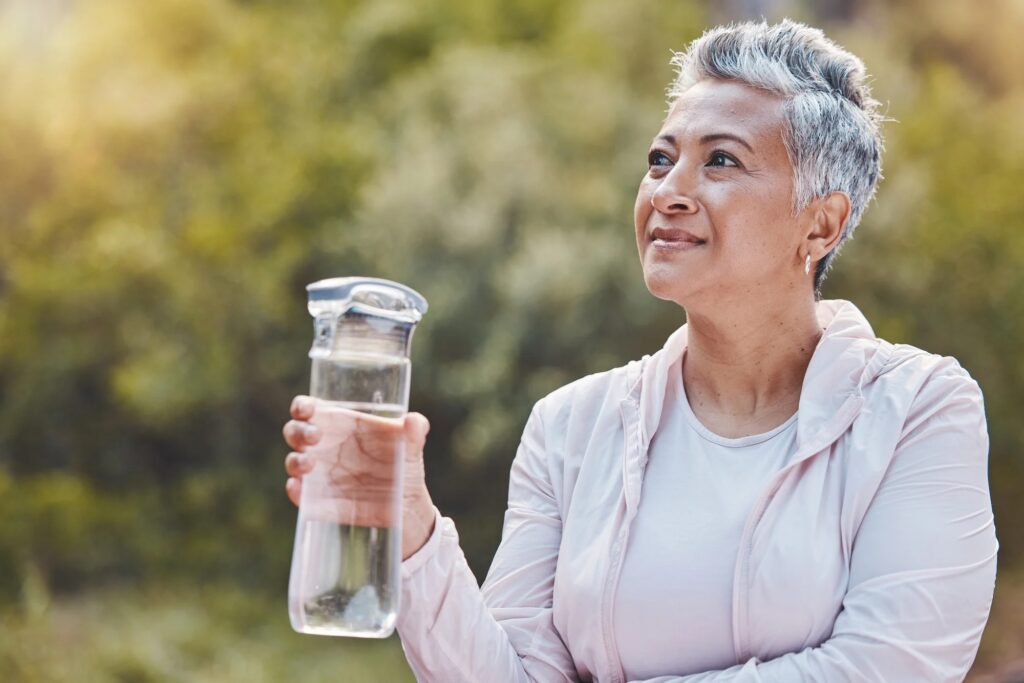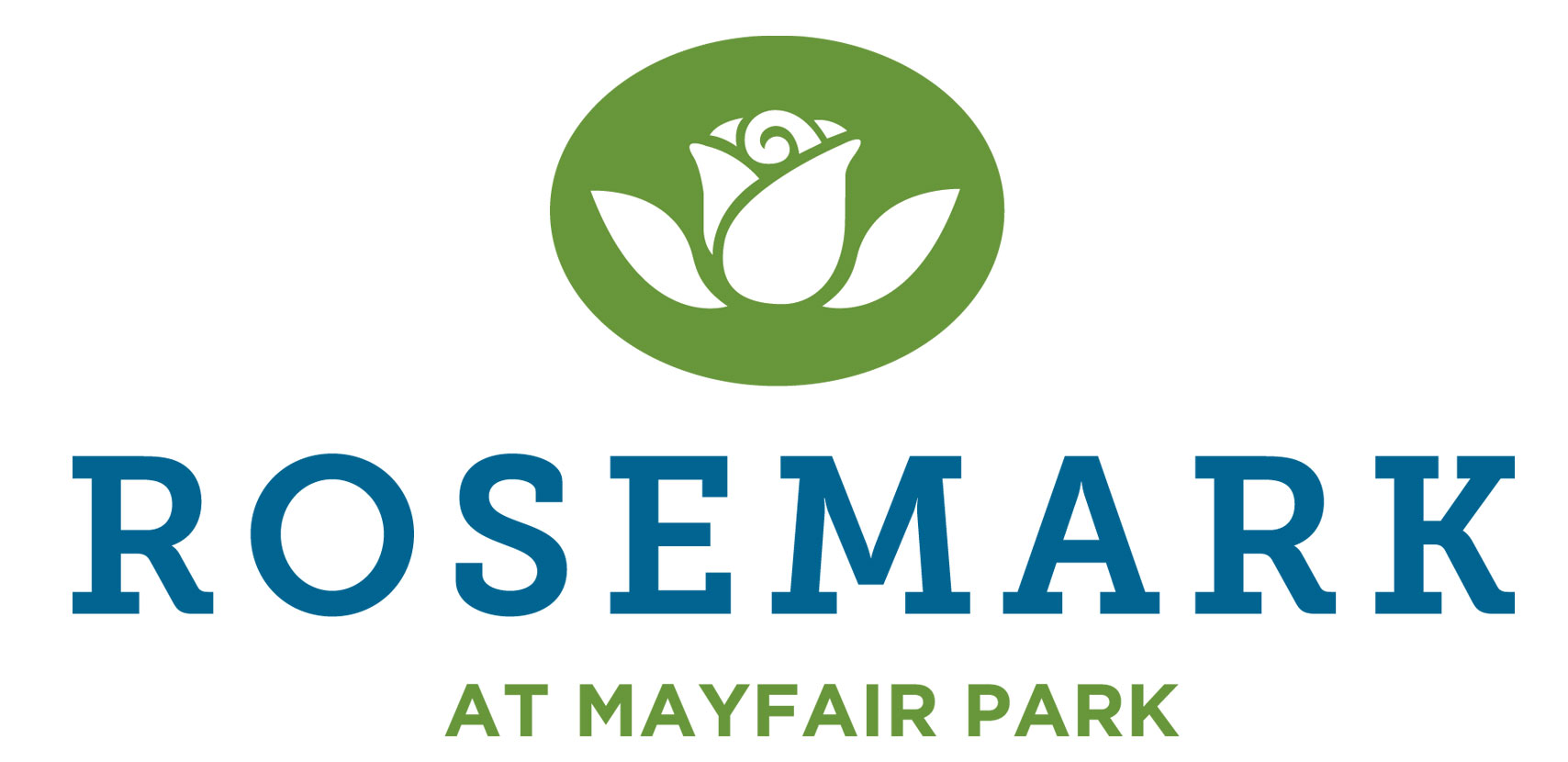Hot Weather Safety for Older Adults

Too much heat is not safe for anyone. It is even riskier if you are older or have health problems. It is important to be cautious and get relief quickly when you are overheated. Otherwise, you might start to feel sick or risk a heat-related illness that could cause serious health issues.
Why can extreme weather be even more dangerous for older adults than for younger people? Hotter days can cause difficulty in the body’s ability to regulate its temperature. This can be challenging for older adults who typically do not adjust as well as others to sudden temperature changes. Additionally, older adults are more likely to have chronic medical conditions that affect the body’s response to temperature, and to take prescription medicines that alter the body’s ability to control temperature or sweat.
Heat-related illnesses
Being overheated for too long or being exposed without protection to the sun can cause many health problems. Heat-related illnesses include the following:
• Heat syncope is a sudden dizziness that can happen when you are active in hot weather. If you take a heart medication called a beta blocker or are not acclimated to hot weather, you are even more likely to feel faint. Rest in a cool place, put your legs up, and drink water to make the dizzy feeling go away.
• Heat cramps are the painful tightening or spasms of muscles in your stomach, arms, or legs. Cramps can result from hard work or intense exercise. Though your body temperature and pulse usually stay normal during heat cramps, your skin may feel moist and cool. Stop the physical activity you’re doing and rest in the shade or in a cool building. Drink plenty of fluids, such as water and sports drinks containing electrolytes. Do not consume alcohol or caffeinated beverages.
• Heat edema is a swelling in your ankles and feet when you get hot. Put your legs up to help reduce swelling. If that doesn’t work fairly quickly, check with your doctor.
• Heat rash is a skin irritation from heavy sweating. It causes red clusters of small blisters that look similar to pimples on the skin. Your skin may feel itchy or you may feel “prickly” tingling pain. Keep the infected area dry, use powder to sooth the rash, and stay in cool areas.
• Heat exhaustion is a warning that your body can no longer keep itself cool. You might feel thirsty, dizzy, weak, uncoordinated, and nauseated. You may sweat a lot. Your body temperature may stay normal, but your skin may feel cold and clammy. Some people with heat exhaustion have a rapid pulse. Rest in a cool place and get plenty of fluids. If you don’t feel better soon, get medical care. Be cautious because heat exhaustion can progress to heat stroke.
• Heat stroke is a medical emergency in which the body’s temperature rises above 104°F. Signs of heat stroke are fainting; confusion or acting strangely; not sweating even when it’s hot; dry, flushed skin; strong, rapid pulse; or a slow, weak pulse. When a person has any of these symptoms, they should seek medical help right away and immediately move to a cooler place, such as under shade or indoors. They should also take action to lower their body temperature with cool clothes, a cool bath or shower, and fans.
• Sun exposure, also known as sunburn, is a sign of skin damage due to extreme or long exposure. Your skin may appear red and tender, develop blisters, start to peel, and be warm to the touch. Severe reactions may cause fever, chills, nausea, or rash. Prevent sunburn by wearing protective clothing that covers your skin and staying out of direct sunlight. Using a broad spectrum sunscreen with an SPF of 15 or higher can also help prevent sunburns, but be sure to reapply often. If you are sunburned, wear lightweight clothing, take cool showers, moisturize affected areas, and stay out of the sun so your skin can heal.
For more information on hot weather safety for older adults, from the National Institute on Aging, CLICK HERE.
